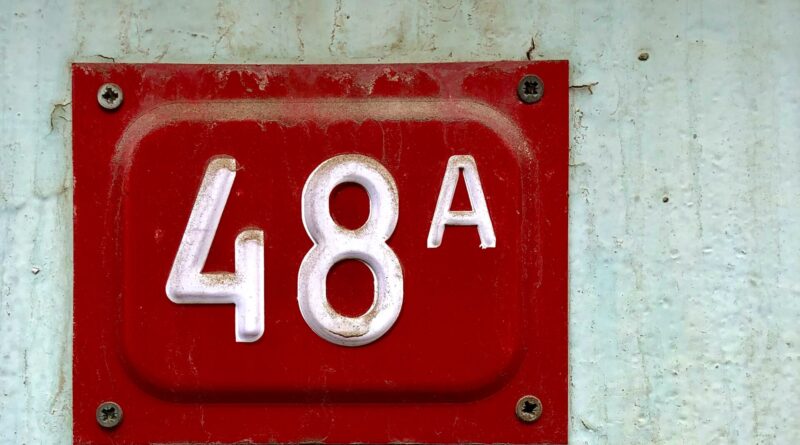Nakute Nanakuse Atte Shijūhakkuse (なくて七癖あって四十八癖 – Every Man Has His Own Peculiarities)
Nakute Nanakuse Atte Shijūhakkuse
なくて七癖あって四十八癖
In yesterday’s post, I introduced the proverb nakute nanakuse (なくて七癖), which means that everyone has some habits, even if you think you have no habits.
昨日は、癖がないと思っていても幾つかはあるものだということを意味する「なくて七癖」ということわざを紹介しました。
You can also add atte shijūhakkuse (あって四十八癖) to this proverb and say nakute nanakuse atte shijūhakkuse (なくて七癖あって四十八癖).
このことわざには、後ろに「あって四十八癖」をつけて、「なくて七癖あって四十八癖」ということもあります。
Since atte (あって) means “have” and shijūha/shijūhachi (四十八) means “forty-eight,” the literal meaning of atte shijūhakkuse is “people having habits have forty-eight habits.”
「あって」は “have”、「四十八」は “forty-eight”、「癖」は “habit” を意味するので、「あって四十八癖」の文字どおりの意味は “people having habits have forty-eight habits” となります。
Here, shijūha/shijūhachi (四十八 – meaning “forty-eight”) is just used to express a large number, and there is no meaning to the specific number “forty-eight.”
ここで「四十八」は、数が多いことを意味する表現で、数字自体に深い意味はありません。
In other words, this proverb means that everyone has more habits than they think.
すなわち、癖があるように見える人は、実際数多くの癖を持っているということです。




